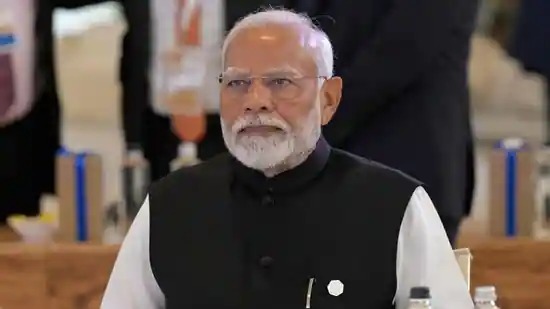In a remarkable endorsement of a new film, The Sabarmati Report, Prime Minister Narendra Modi recently praised the movie for its portrayal of the tragic and controversial Godhra train burning incident. The film, which is based on the horrific event that occurred on February 27, 2002, in the town of Godhra, Gujarat, has garnered attention for its attempt to shed light on the complex and sensitive issues surrounding the incident. PM Modi, who has often been at the center of discussions regarding the aftermath of the Godhra incident and the riots that followed, expressed his belief that the film is an important step in revealing the “truth” behind what transpired during one of the most infamous chapters in modern Indian history. His remarks on The Sabarmati Report sparked significant conversation, both in political circles and within the public discourse, regarding the portrayal of events and the narratives that have shaped the national conversation over the years. The Godhra train burning incident remains one of the most controversial and tragic events in modern Indian history. On the morning of February 27, 2002, the Sabarmati Express train, traveling from Ahmedabad to Mumbai, was set on fire at the Godhra railway station in Gujarat. The train was carrying a large number of passengers, many of whom were returning from the holy town of Ayodhya, after attending a religious event. The fire claimed the lives of 59 people, mostly Hindu pilgrims, in a gruesome and violent manner. The incident quickly escalated into widespread violence and communal riots across Gujarat, leading to the deaths of over a thousand people, primarily from the Muslim community. The tragedy sparked nationwide outrage and led to questions about the causes of the fire, the motivations behind the attack, and the role of the state government and law enforcement in handling the aftermath. A range of theories emerged, with one side attributing the incident to a premeditated attack by Muslim extremists, while others accused the state of failing to prevent the ensuing violence, with allegations of state-sponsored complicity. The aftermath of the Godhra train burning incident is still a deeply divisive issue in Indian politics, with both sides continuing to present conflicting versions of events. The Sabarmati Report, directed by a relatively new filmmaker and produced by a group of independent creators, seeks to offer a comprehensive perspective on the Godhra train burning and its aftermath. The film is based on the investigation reports, court findings, and several lesser-known stories surrounding the incident. The narrative takes the audience through the events leading up to the train burning, the various investigations that followed, and the political ramifications that shaped the public discourse around the tragedy. The filmmakers behind The Sabarmati Report have emphasized that their goal is not to sensationalize or politicize the event but to present a balanced, fact-driven portrayal of what happened. The film aims to explore the complexities and contradictions that exist in the official accounts and the alternate narratives put forth by various groups, including survivors of the incident, journalists, and political figures. It addresses key questions such as: What was the real motive behind the train attack? How did the state authorities respond? What were the broader implications of the incident on inter-community relations in India? The movie takes a deep dive into the investigation process, including the controversial handling of evidence, the role of police and politicians, and the numerous legal battles that ensued in the years following the incident. Through its screenplay, The Sabarmati Report attempts to convey the human cost of the event, showing the emotional and psychological toll it took on both the victims and the accused, as well as the social unrest that followed.
The post PM Modi praises ‘The Sabarmati Report’, film based on Godhra train burning incident: ‘Truth is coming out’ first appeared on InfluencersPro.


